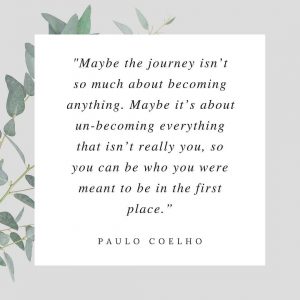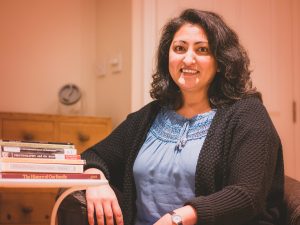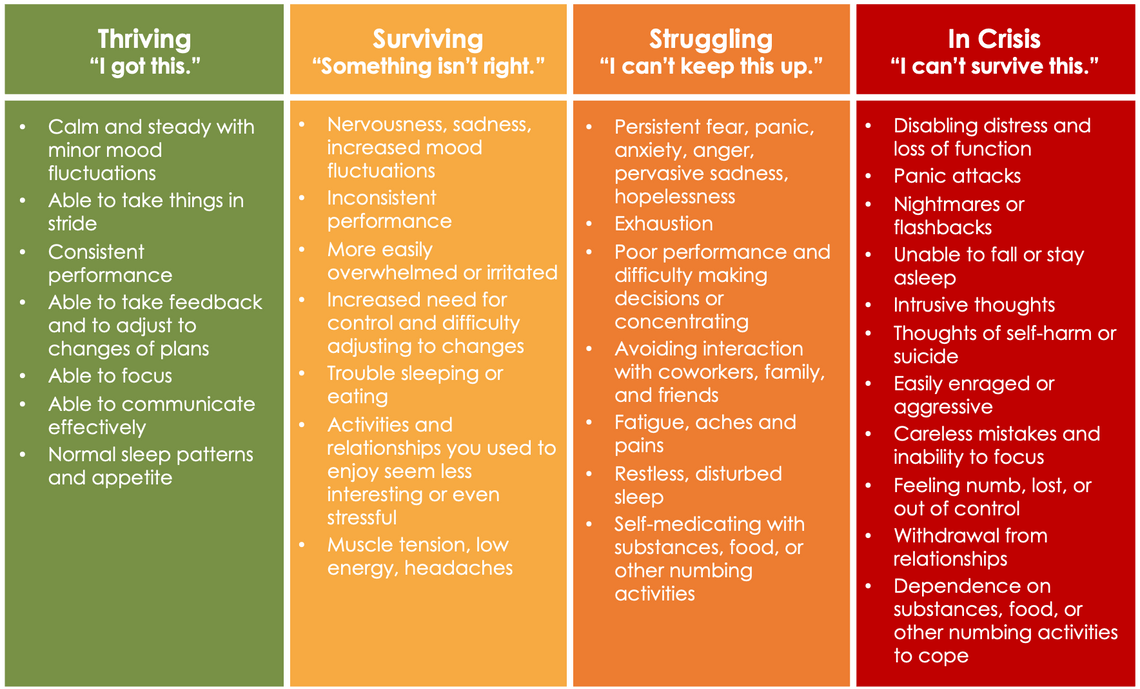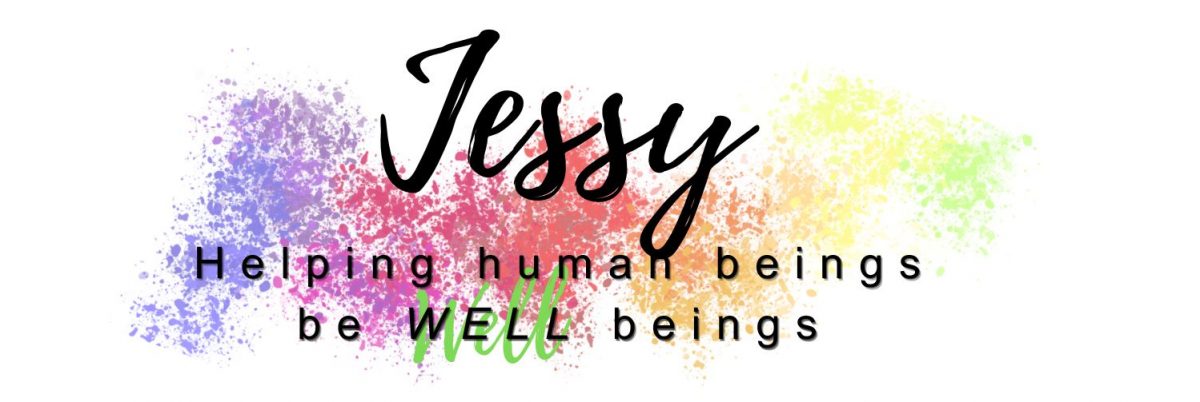
Hello Human, and welcome to your journey of rediscovery and self-empowerment!
Embrace Your True Self
In a world that often demands conformity and constant doing, it’s easy to lose sight of who you truly are. Many of us find ourselves trapped in cycles of stress, exhaustion, and dissatisfaction, feeling like we’re mere shells of our former selves. If you’re struggling with feelings of being stuck, unhappy, or disconnected, know that you’re not alone—and more importantly, you have the power to change.
Rediscover Your Inner Strength
From the moment you were born, you possessed an innate understanding of yourself and the world around you. Over time, societal pressures and expectations can cloud this inner wisdom, making you question your worth and direction. But remember, all the strength, wisdom, and instinct you need are already within you, passed down through generations. You are a part of the human family, intrinsically connected to the world.
Break Free from Negative Cycles
If you’re tired of the negative patterns in your life and ready to live on your own terms, now is the perfect time to focus on yourself. Whether you feel like you’ve lost your sense of self, are numb and dissatisfied with life, or are plagued by anxiety and depression, there is hope. It’s time to move past the blocks that hold you back and shed what no longer serves you.
Reconnect with Your True Self
You might have achieved what you thought was success, only to find yourself feeling empty and questioning your purpose. If you often ask, “Who am I?” or “What’s the point?” and feel silenced by fear of judgment, it’s time to reconnect with your true self. Together, we will work in a safe, non-judgmental space to uncover and release your Organismic Self—the most inner, most true part of you.
Learn Strategies for Good Mental Health
Just as physical health requires daily care, so does mental health. We aren’t always taught the equivalent of brushing our teeth or eating well for our minds. By working with me, you will learn strategies essential for maintaining good mental health, empowering you to live the life you want and deserve.
A Partnership for Positive Change
I believe that you are the expert in your own life. Our work together is a partnership where we explore, strategize, and implement positive changes. We will connect with the part of you that is strong and compassionate, moving at a pace that feels right for you. Our journey will be supportive, fun, and filled with moments of reflection and healing.
Building Resilience and Lasting Change
Our work will delve deep into the core causes of your struggles, not just the symptoms. By decluttering your mind and implementing new strategies, you’ll gain the tools needed to build resilience and embrace your True Self. This transformation will not only benefit you but also ripple out to positively impact those around you, fostering a sense of unconditional love and belonging.
Ready to Support You
You don’t have to feel low, lonely, or lost any longer. I am here, ready to support and guide you on this transformative journey. Let’s embark on this path together, helping you become the person you were always meant to be.
I’ve got you.
This holistic and compassionate approach ensures that you can create meaningful, lasting change in your life. Whether you’re looking to improve specific areas or undertake a complete transformation, I am here to support and guide you every step of the way.

If this sounds like the support you need, have a look at ‘Work with me‘, where you can also see my experience and qualifications.
Please note, I do not offer crisis or emergency support. If you are in crisis and struggling, please seek professional help by calling helpline numbers below or seeing your GP.
Crisis support UK
Samaritans: 116 123 (24 hours) www.samaritans.org.uk (support for when you are in emotional distress, you do not have to be suicidal to call.)
NHS: 111
Shout crisis text line: text SHOUT to 85258
999 or go to A&E

